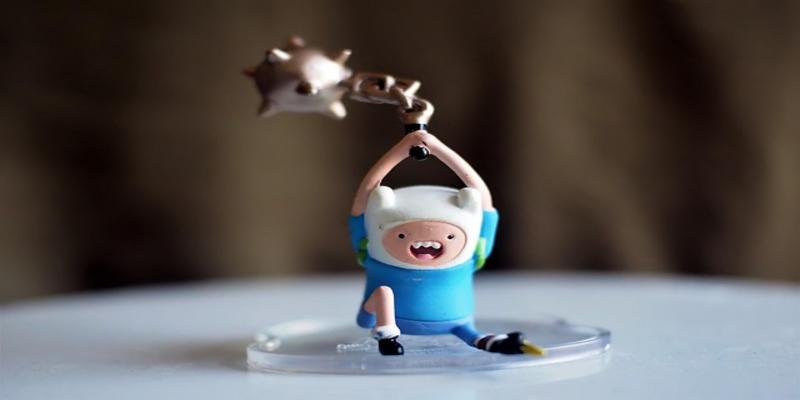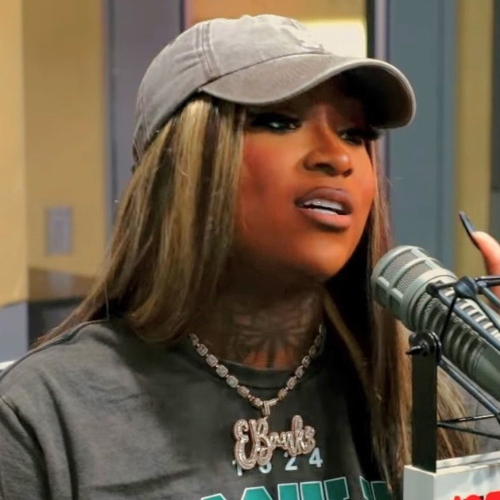When Stranger Things made its debut on Netflix in July 2016, nobody expected that one of the show’s first major breakout stars would be a Canadian teenager named Finn Wolfhard. He was barely fourteen, from Vancouver, and had done a couple of small guest spots—blink and you’d have missed him—on The 100 and Supernatural. Just months after Stranger Things dropped, though, that all changed: Finn, playing the steady, wide-eyed Mike Wheeler, leapfrogged straight into the pop culture hot seat and somehow became the unofficial mascot for a new generation’s obsession with all things ’80s.
Finn’s rise didn’t follow the standard playbook. Sure, he’d landed a coveted role on one of TV’s most talked-about shows, but he kept moving. Suddenly his name started popping up everywhere—from big-budget horror films to the indie music scene to film festival director lists. The term “multi-hyphenate” gets thrown around a lot in Hollywood but, with Finn, it just fits. Acting? Obviously. Musicianship? Yup. Directing? Turns out, yes.
He’s just 21—and has already managed to chalk up a resume that some actors twice his age would quietly envy. Think about it: starring in Stranger Things’ supernatural mayhem, cracking wise in Stephen King’s It, donning Ghostbusters gear for a ’80s revival franchise, performing onstage with his own indie band, and, for good measure, calling the shots behind the camera. Finn’s managed a little bit of everything and, somehow, made it all feel organic.
How Finn Wolfhard’s Stardom Took Off
Let’s back up a second. Finn’s acting career officially kicked off in 2013—so, only ten years old—when he appeared for a few seconds in a short film called Aftermath. A couple TV sci-fi cameos followed, then everything changed once he snagged that Stranger Things audition. As Mike—earnest, slightly awkward, hopelessly loyal—Finn quickly became the glue of the Hawkins gang, anchoring the stranger-than-strange storylines while giving viewers someone to root for.
Saying Stranger Things was a big deal is a little like saying Star Wars sold a few tickets. Almost 16 million viewers tuned in during the first month. Netflix hadn’t seen a genre hit like it, and Finn—at the very center—made Mike feel both real and relatable, even as Demogorgons started crawling out of portals.
That momentum shot Finn right into movie theaters. Within a year, he landed the wisecracking Richie Tozier role in 2017’s It, nailing punchlines and panic in equal measure. The film smashed the box office, drawing over $700 million worldwide and setting a record for the horror genre. People took notice of Finn’s range—he balanced comedy and terror, held his own among an ensemble cast, and did it all while, what, still technically a kid?
| Film/TV Project | Year | Box Office/Viewership | Critical Reception |
|---|---|---|---|
| Stranger Things (Season 1) | 2016 | 15.8M viewers (35 days) | 94% Rotten Tomatoes |
| It | 2017 | $701.8M worldwide | 86% Rotten Tomatoes |
| It Chapter Two | 2019 | $473.1M worldwide | 62% Rotten Tomatoes |
| Ghostbusters: Afterlife | 2021 | $204.3M worldwide | 63% Rotten Tomatoes |
| Ghostbusters: Frozen Empire | 2024 | $201.9M worldwide | 54% Rotten Tomatoes |
Jumping Formats: Finn the Musician, Director, and…Whatever’s Next
It’s tempting to lump Finn in with other former child stars angling for the next viral headline, but he steers well clear of the typical route. Early on, he drew a line: acting’s great, but creativity isn’t just a job title. Somewhere between filming seasons of Stranger Things, Finn started fronting an indie rock band, Calpurnia. This wasn’t a gimmick—he could actually play and write. Critics warmed up fast. The band’s sound echoed the best of ’90s indie and garage—think Pavement, a bit muddy and wonderfully weird. They toured, released their own music, and sold out venues until calling it quits in 2019.
But Finn didn’t stay still. A new project, The Aubreys, popped up almost right away (musically, he just couldn’t sit out). More writing, more recording, and even more proof he could handle a crowd’s attention—on stage or on screen.
Meanwhile, he took the ultimate creative leap and directed a film. First came a short, Night Shifts, in 2020. Then, a full-length feature in 2023: Hell of a Summer. Critics and viewers started to realize—he’s not dabbling for fun. The guy actually brings visual flair, pacing, and story sense, not just a recognizable face.
More Than Just a Trend
Finn’s influence keeps reaching farther than show ratings or the weekend box office. He didn’t just benefit from Stranger Things’ throwback ’80s vibe—he poured fuel on an already simmering nostalgia craze. Suddenly, worn-in Levi’s, walkie-talkies, and soundtrack choices straight from a dusty vinyl collection were everywhere. Merch flew off the shelves, and fans—especially on social media—tracked Finn’s moves, outfits, and on-set moments. His Instagram’s a constant churn of comments and memes. Fans don’t simply watch the projects; they champion them before release day.
Inside the business, Finn’s become something of a blueprint for a new wave of stars. It’s no longer just about landing a big franchise and cashing in. He’s juggling Netflix fame, cult horror, indie bands, and personal filmmaking without losing the creative plot—a combo that a lot of younger actors are now chasing.
Taking on Issues Beyond the Red Carpet
Finn’s reputation isn’t all performance and publicity. When it comes to causes that matter, he doesn’t just tweet and dip. Over the last few years, he’s become notable for his actual boots-on-the-ground approach—campaigning for autism awareness, jumping into action for Indigenous children’s rights, and showing up for charity concerts that support fellow musicians (a nod to his musical roots, maybe).
He’s not big on flashy check-writing for the sake of PR. Instead, you get the sense he’s picking causes that resonate personally, acting more as a working volunteer than a celebrity ambassador. It’s a detail that hasn’t gone unnoticed, particularly with young, plugged-in fans who tend to spot superficiality from a mile away.
What’s Finn Up to Now?
Stranger Things is inching toward its much-hyped final act, and nobody’s more aware of the pressure (and curiosity) swirling around Finn’s next steps than Finn himself. There’s a bit of a fork in the road vibe right now. On one side, the show that launched him is wrapping up; on the other, a whole landscape of film, music, and possible directorial projects seems open.
Even with mega-franchise expectations (see: Ghostbusters: Frozen Empire), Finn’s still shown up, delivered, and kept his sense of self intact. There was chatter that Frozen Empire might not have matched the earlier films, but his name kept the project front and center regardless.
Hollywood, in its typical way, is now full of talk about what Finn does as he sheds the “teen star” badge. Indie films? More directing? A leap into something completely unexpected? No one quite knows, and even in industry circles, folks seem genuinely curious, not just keeping tabs for gossip’s sake.
What Comes Next
The weird part about Finn’s story is how much it already feels like legend-in-the-making, yet he isn’t slowing down or resting on past roles. Maybe it’s the strong creative choices, or that sense he’s chasing authenticity more than attention. Whatever it is, he’s not thinking small.
With each step—whether he’s strumming a guitar, plotting a camera shot, or getting back into costume—Finn’s rewriting the playbook a little. He’s got a global following, respect among his peers, and a batch of memorable roles that have already landed him in entertainment history, for better or worse.
The takeaway? Finn Wolfhard isn’t just moving on from Stranger Things—he’s making sure the next chapter isn’t a rerun. At this point, betting on Finn to keep us guessing seems like the safest call in Hollywood.










